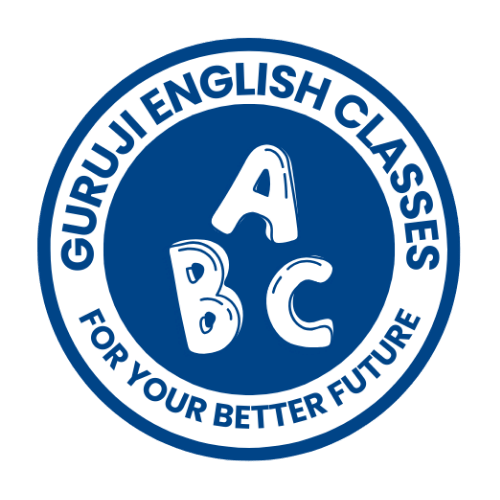Changing to Passive Voice – few tricks
We will not remove anything from the active sentences. Just change the places of Doer and the Done. Helping verbs will never be removed. Only their forms are changed accordingly and on their position only. Main verbs are always changed to third forms in passive sentences. Above stated is easy. One more thing is more … Read more
